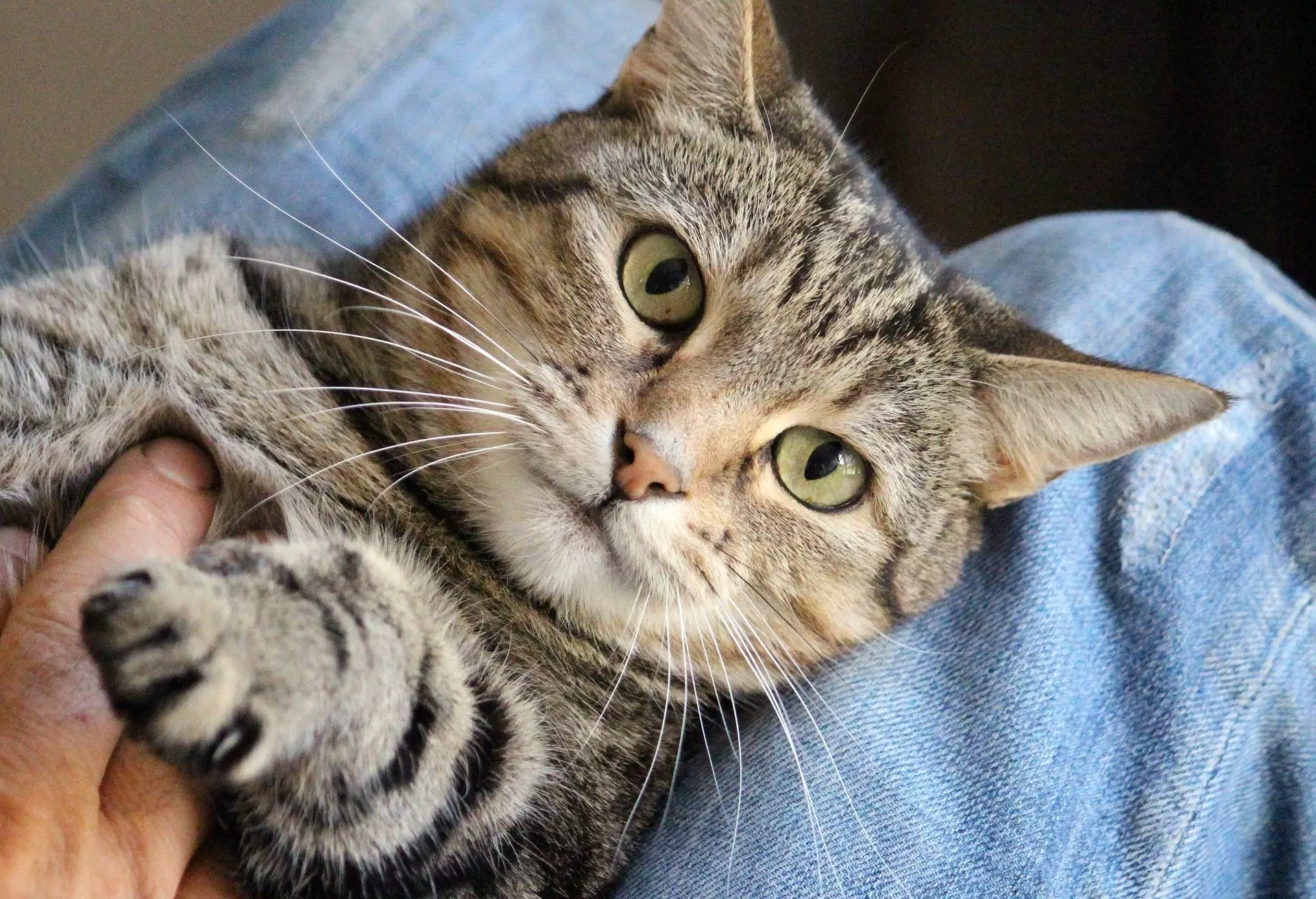World Mental Health Day, observed annually on October 10th, brings to light the importance of addressing mental health issues and enhancing awareness regarding mental well-being. In an age where stress and mental health disorders have become alarmingly prevalent, finding effective and accessible methods to improve mental well-being is paramount. One surprising yet notable ally in this pursuit is the humble domestic cat. While many may view pets primarily as sources of joy and companionship, emerging research reveals that they can also play a critical role in mental health management.
Recent studies, including one published in BMC Psychiatry, emphasize the positive relationship between pet ownership—specifically cats and dogs—and mental health outcomes. More than just mere companionship, research indicates that cats can significantly impact individuals suffering from long-term mental health conditions. For instance, a collaborative study by the Mental Health Foundation and Cats Protection surveyed over 600 individuals, half of whom reported having a mental health concern. The results were telling: a remarkable 87% of cat owners felt that their pet enriched their lives, while 76% credited their feline friend with enhancing their ability to navigate everyday challenges.
Notably, the presence of a cat keeps owners grounded. Many respondents identified the comforting tactile experience of stroking their cat as a form of stress relief, suggesting that the act of petting can be inherently therapeutic. Indeed, scientific evidence supports these anecdotes, illustrating that physical interaction with pets can decrease cortisol, a hormone associated with stress, thereby fostering a sense of calm.
The benefits of pet ownership extend beyond companionship, as demonstrated by evidence that non-pet owners are four times more likely to experience clinical depression compared to their pet-owning counterparts. The therapeutic value of a cat’s purr offers additional dimensions to this bond; it is known to lower stress and anxiety levels while also providing physiological benefits like reducing blood pressure and promoting healing. Such profound impacts underscore the necessity of considering animal companionship as a viable avenue for mental health support.
Furthermore, cats are increasingly being recognized as valuable assets in therapeutic settings. Organizations like Pets as Therapy have launched initiatives to integrate registered therapy cats into hospitals, nursing homes, special needs schools, and various other venues across the UK. These four-legged companions have shown promise in uplifting spirits and fostering healing spaces.
Not everyone is in a position to own a pet, either due to lifestyle constraints or personal circumstances. However, you don’t have to be a cat owner to experience the myriad benefits that these animals offer. Venture into an adventure like home and pet sitting, which allows individuals to enjoy the joys of animal companionship without the long-term responsibilities of pet ownership. For many, this experience provides an ideal balance of activity and fulfillment.
The appeal of pet sitting resonates deeply with many individuals. In a recent survey conducted among homesitters, an impressive 72% affirmed that caring for pets was the most enjoyable aspect of their role. Ellen Hart, a retiree and homesitter from Berkshire, embodies this passion. After retiring as an orthopedic nurse, she sought a way to engage with life meaningfully. Her experiences in home and pet sitting, beginning with a delightful array of animals including a labradoodle puppy and various birds, reignited her childhood love for animals. More importantly, her preferred charge is, of course, cats.
Ellen remarks on the intrinsic joy of returning to repeat clients. The familiarity and connection she has cultivated with the cats—and their owners—bring a sense of tranquility and warmth that makes her role incredibly rewarding. “I wanted to do something useful and interesting when I retired,” she notes, highlighting the joy derived from making connections that promote both her mental health and that of the pets in her care.
Whether through ownership or by becoming a homesitter, spending time with animals presents a growing opportunity to enrich mental health and wellbeing. If you’re seeking to enhance your quality of life while simultaneously nurturing feline companions, consider exploring opportunities in pet sitting. By embracing this balance of companionship and joy, you can embark on a journey that benefits not just your mental wellbeing, but that of countless furry friends as well. Engage with the world of homesitting today, and witness firsthand the powerful, healing presence of cats in your life.


Leave a Reply